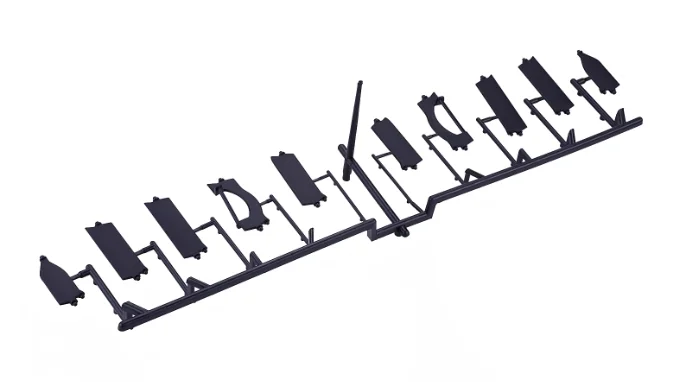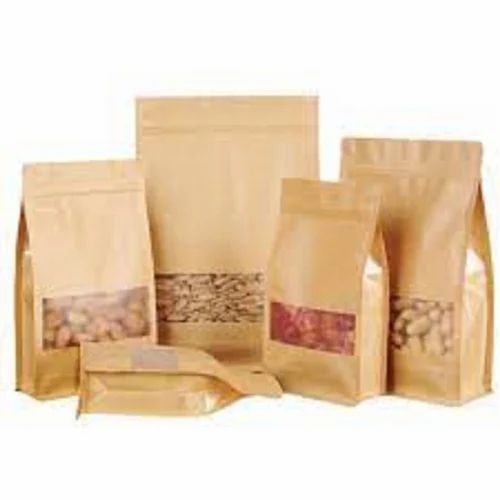Plastic injection molding is a highly versatile manufacturing process where molten plastic is injected into a precisely machined mold cavity under high pressure. After cooling and solidification, the part is ejected, replicating the intricate details of the mold with incredible accuracy. In this blog post, as a high precision plastic injection mold manufacturing factory, Xuzhong will share the importance of custom plastic injection mold for automotive industry, customizing the design, materials, and processes according to strict industry standards such as strength, heat resistance, impact resistance, and aesthetics.
Importance of Customization in Automotive Injection Mold
While standard injection molds are suitable for generic applications, the automotive sector often demands highly specialized components. Custom plastic injection molds for the automotive industry provide the ability to design and engineer parts that meet exact specifications, including:
- Complex geometries: Automotive parts often require intricate shapes and undercuts that can only be achieved with customized molds.
- Material specifications: Depending on the function of the part—whether it's an interior trim, under-hood component, or exterior feature—the selection of plastic material varies. Custom molds are designed to optimize the flow and cooling behavior of specific polymers.
- Functional integration: Components such as dashboard assemblies or multi-functional brackets often combine multiple functions into a single molded part, reducing assembly time and cost.
- Aesthetic and surface quality: Vehicle interiors, for example, demand flawless finishes. Custom molds can incorporate textures, logos, and fine details directly into the surface.
Design and Engineering of Custom Plastic Injection Mold
The development of a custom plastic injection mold for the automotive industry begins with a rigorous design phase, often utilizing advanced CAD (Computer-Aided Design) and CAE (Computer-Aided Engineering) tools. Key steps in the design and engineering process include:
1. Part Design Analysis
Before mold design begins, engineers evaluate the part design for manufacturability. This involves assessing draft angles, wall thickness, rib and boss design, and potential stress points to ensure the part can be reliably molded and perform as intended.
2. Material Selection
Choosing the right plastic material is critical. Common choices in automotive applications include:
- Polypropylene (PP): Lightweight and chemical resistant, ideal for interior parts.
- Acrylonitrile Butadiene Styrene (ABS): Offers strength and a superior surface finish, used for dashboards and trims.
- Polyamide (Nylon): High mechanical strength and thermal resistance, suitable for under-the-hood components.
- Polycarbonate (PC): Exceptional toughness and transparency, often used in lighting systems.
3. Mold Flow Simulation
Using mold flow analysis software, engineers simulate the filling, packing, cooling, and warpage phases of the injection molding cycle. This predictive analysis helps optimize gate placement, cooling channels, and venting systems to minimize defects such as sink marks, warpage, and short shots.
4. Mold Construction
The mold is constructed from high-grade tool steel or hardened stainless steel to withstand the high pressures and temperatures of the injection molding process. Precision machining techniques such as CNC milling, EDM (Electrical Discharge Machining), and laser engraving are employed to achieve tight tolerances and intricate features.
5. Testing and Validation
After construction, the mold undergoes rigorous testing with initial sample runs. Dimensional analysis, mechanical testing, and surface inspection ensure the mold consistently produces parts that meet all automotive specifications.

Advantages of Custom Plastic Injection Mold in Automotive Manufacturing
The strategic use of custom plastic injection molds for the automotive industry delivers numerous benefits:
- Enhanced Performance: Optimized part designs and material choices contribute to better mechanical properties and longevity of components.
- Cost Efficiency: Although initial mold development costs are high, the scalability of injection molding significantly reduces the per-part cost, especially in high-volume production.
- Weight Reduction: Plastic components are much lighter than traditional metal parts, helping automakers meet increasingly strict fuel economy and emissions standards.
- Design Flexibility: Custom molds allow for innovative designs that integrate multiple features into a single part, reducing assembly complexity and costs.
- Faster Time-to-Market: Advanced mold-making techniques and simulation tools streamline the development cycle, enabling quicker product launches.
Applications of Custom Plastic Injection Mold in Automotive Components
Custom plastic injection molding is used extensively across a broad range of automotive parts, including:
- Interior Components: Dashboards, center consoles, door panels, air vents, and seat bases.
- Exterior Parts: Bumpers, grilles, mirror housings, and lighting housings.
- Engine and Under-the-Hood Parts: Air intake manifolds, battery casings, fluid reservoirs, and fuse boxes.
- Electrical and Electronic Systems: Sensor housings, connector blocks, and switch panels.
Each of these applications demands specific mechanical properties, tolerance levels, and aesthetic requirements, all of which are achievable through custom mold design.
Future Trends in Automotive Plastic Injection Molding
As automotive technology advances, so too does the field of plastic injection molding. Emerging trends include:
- Lightweight Composites: The integration of fiber-reinforced plastics for structural applications.
- Sustainable Materials: Growing use of bio-based and recycled plastics to meet environmental regulations.
- Advanced Automation: Increased deployment of robotics and real-time process monitoring for higher efficiency and quality control.
- Overmolding and Insert Molding: Techniques that allow multiple materials to be combined into a single part, enhancing functionality and aesthetics.
The continued evolution of custom plastic injection molds for the automotive industry will play a critical role in helping manufacturers meet future demands for lighter, smarter, and more sustainable vehicles.
Conclusion
The precision and flexibility offered by custom plastic injection molds for the automotive industry have made them indispensable in modern vehicle manufacturing. By enabling the production of lightweight, durable, and cost-effective components with intricate designs, custom molds contribute significantly to the efficiency, performance, and aesthetics of today' s automobiles. As the industry moves toward greater sustainability and innovation, the role of specialized injection molding solutions will only become more pivotal in shaping the vehicles of tomorrow.
www.xuzhongmold.com
Xuzhong

